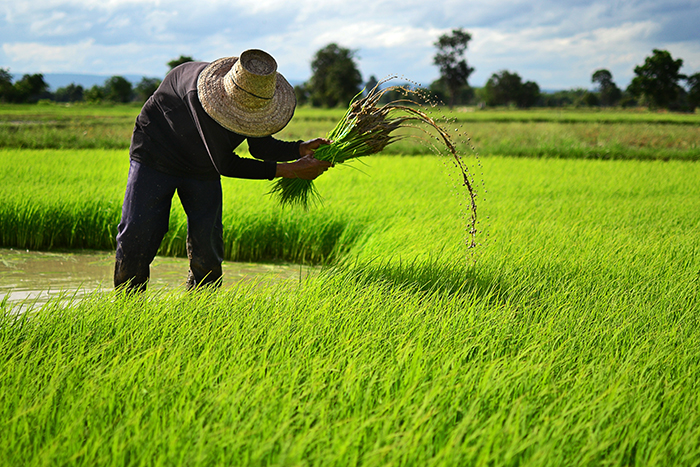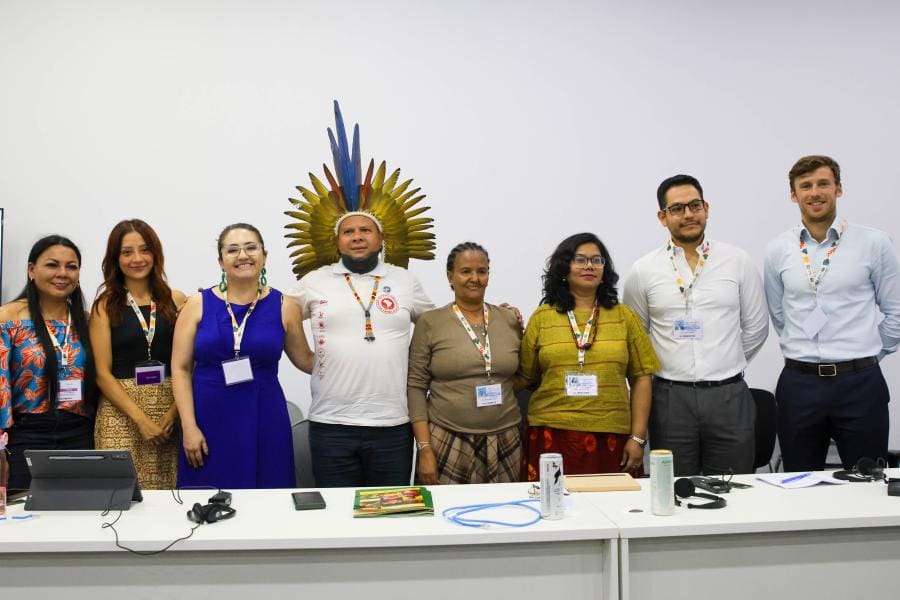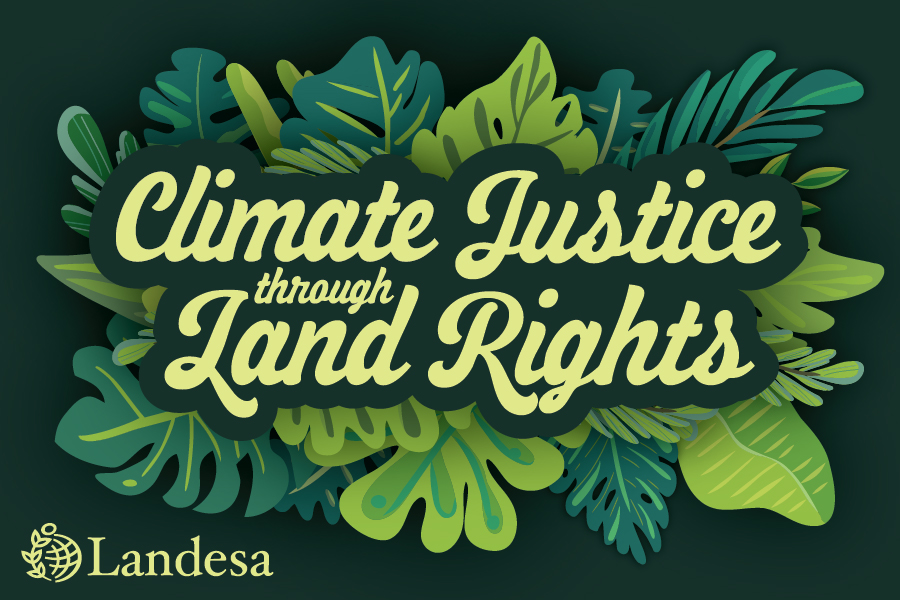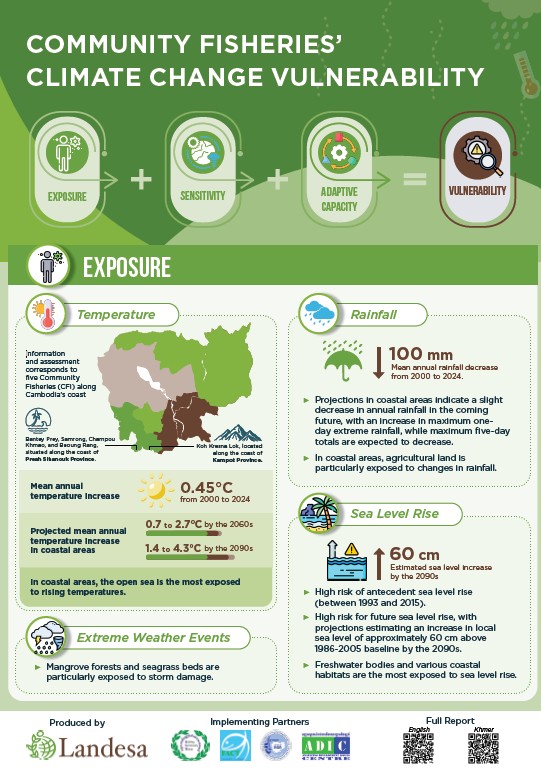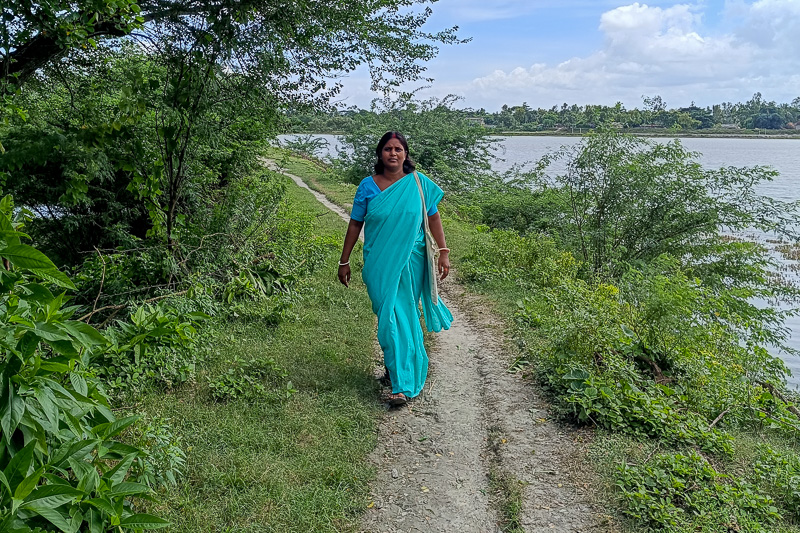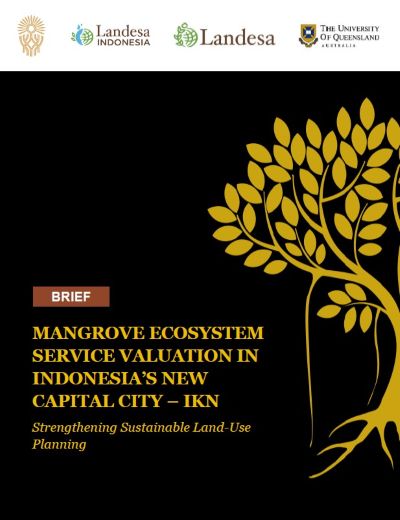Climate Change
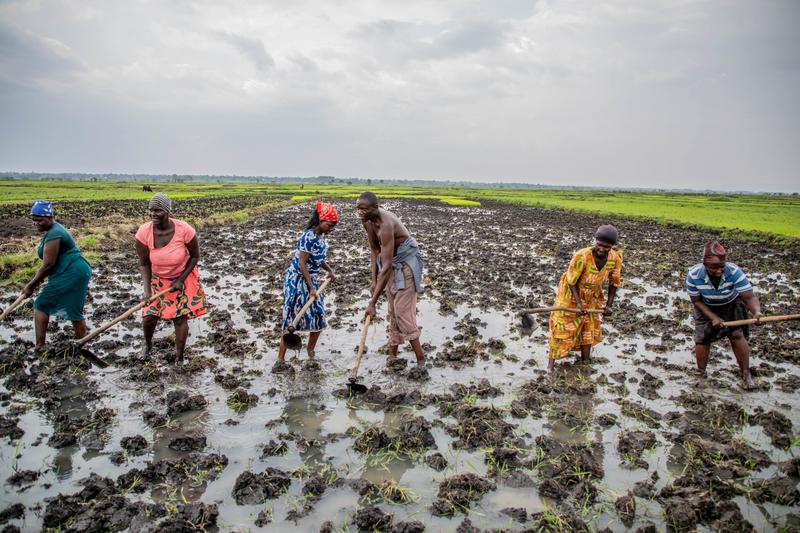
Climate justice starts with secure land rights.
Climate change is the gravest challenge humanity faces, endangering peace and prosperity, food security, and the full enjoyment of human rights for every person on Earth. Systemically, those least responsible for the climate crisis feel its effects most harshly.
Two and a half billion people worldwide depend on land for their livelihoods, yet nearly half lack secure land rights to the land they need to survive. This leaves hundreds of millions of people – and their land – at far greater risk for climate impacts and exploitation, especially among rural and Indigenous communities.
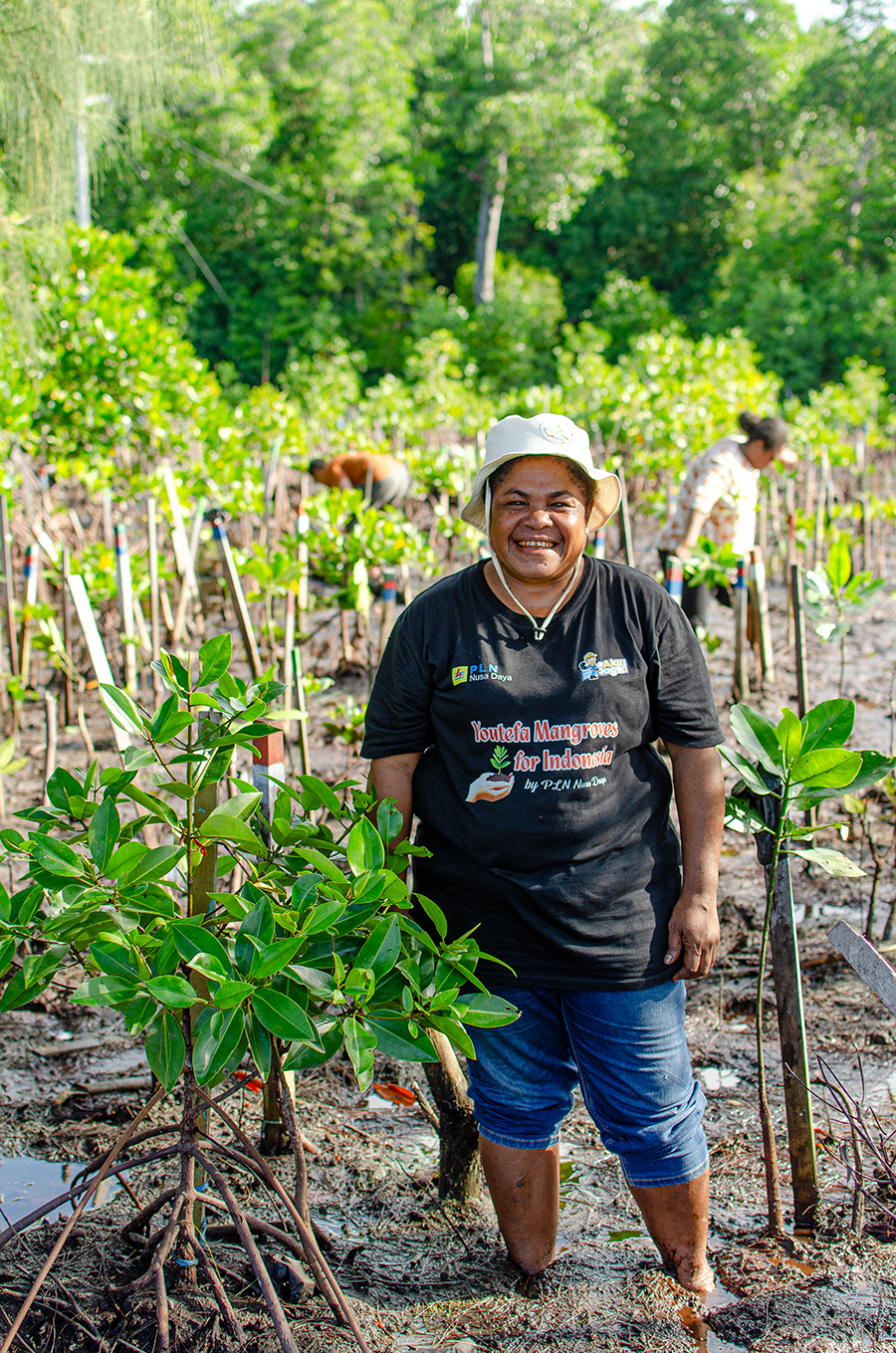
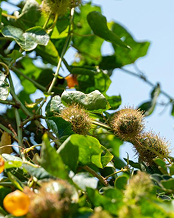
- Bring expertise in climate action, sustainability, and communities’ rights on mangroves, forests, rainforests, peatlands, and wetlands
- Advocate for the inclusion of land rights as a foundation for effective action in global environmental frameworks and national climate policies
- Collaborate with private sector actors advancing climate solutions to ensure free, prior, and informed consent of affected local land stewards
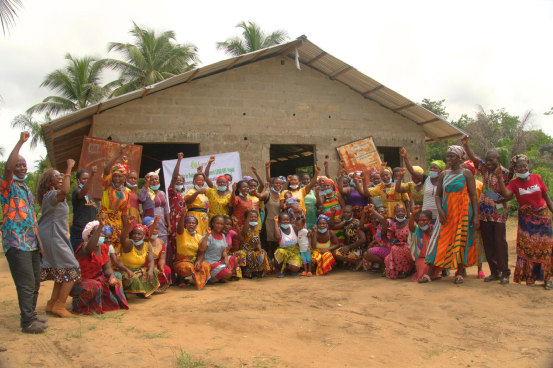
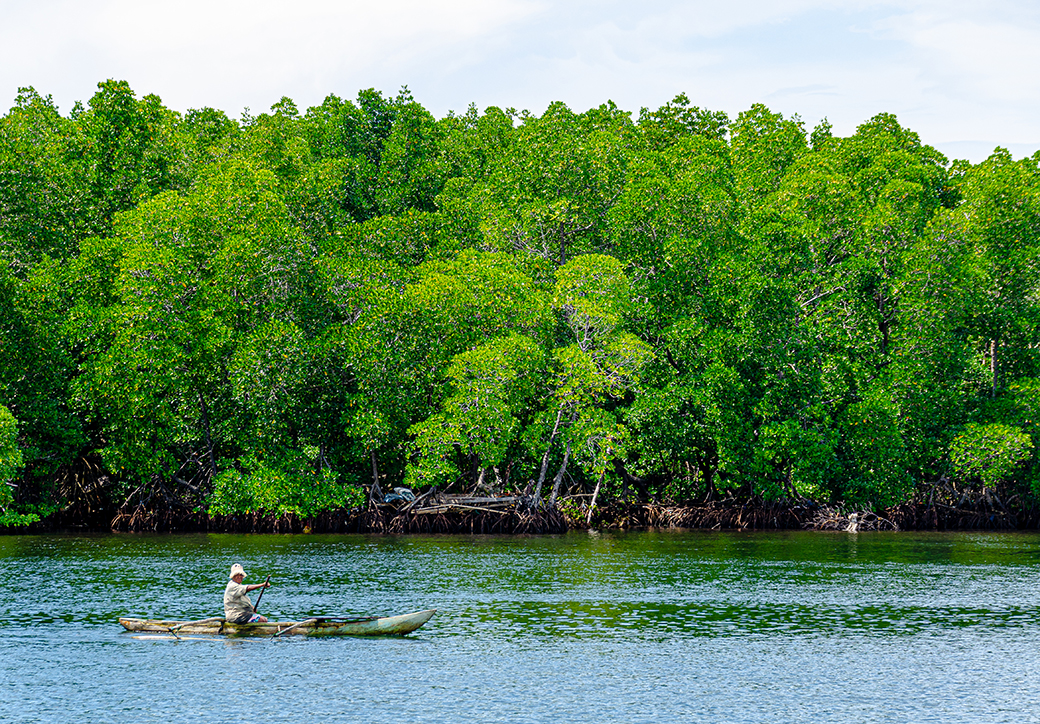
Our work
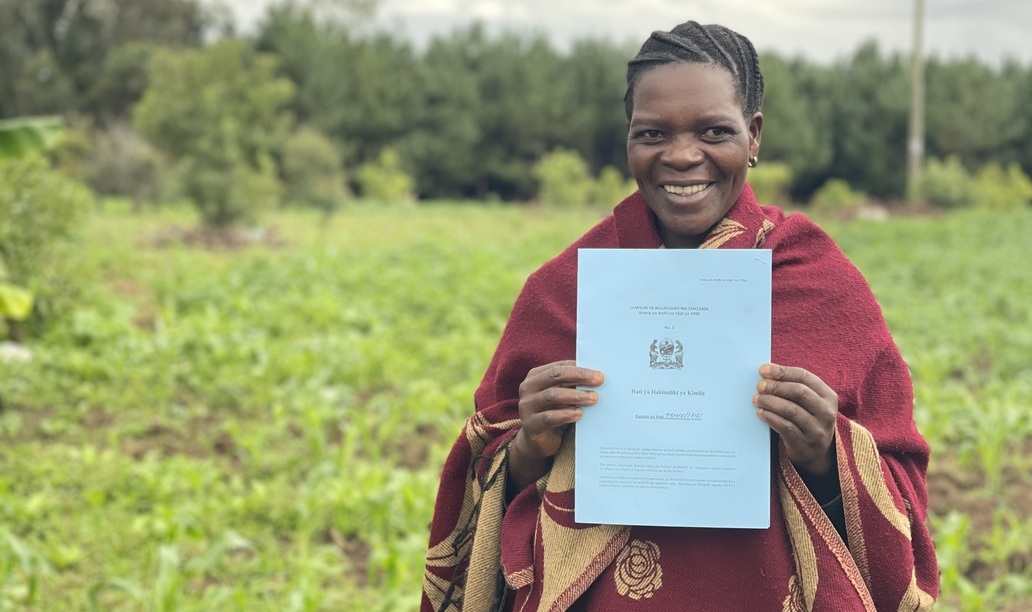
Integrating Land rights into Global Climate Agendas
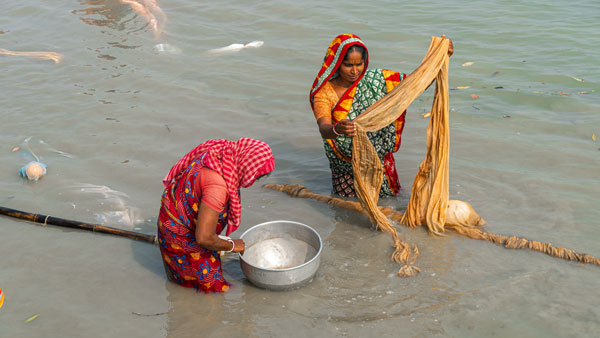
Coastal Livelihoods and Mangroves Project
Landesa is implementing an ambitious initiative to strengthen coastal tenure rights across South and Southeast Asia, protecting both the mangrove forests and the communities who depend on them. Alongside local partners, we are addressing laws and policies regarding forest tenure, land use planning, and climate mitigation and adaptation across six countries forming a contiguous stretch of bioregion from West Bengal, India to West Papua, Indonesia.
Our activities include:
- Advising on state policy in West Bengal
- Supporting locally-led climate adaptation in Bangladesh
- Certifying community forests in Myanmar
- Mapping forest cover in Thailand
- Advising on national policy in Cambodia
- Providing legislative support in Indonesia
This work is funded by King Philanthropies and other supporters.
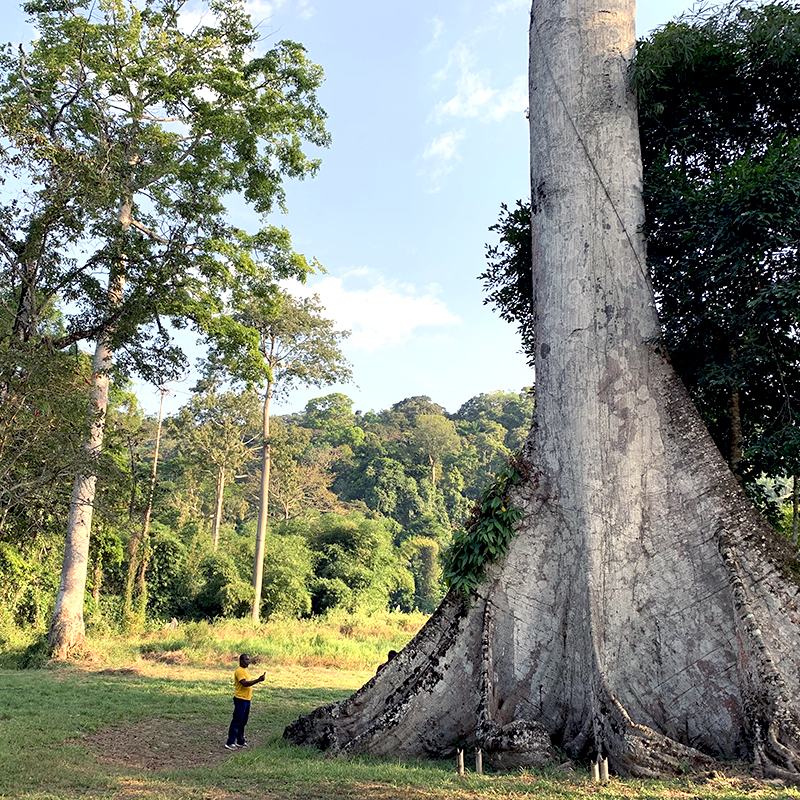
Sustainable Forest Conservation in Liberia
Landesa is developing a process to support land use planners and communities to integrate information about climate risks and existing adaptation capacities into community land use planning—supporting 15,000 rural community members relying on forests and land for livelihoods and food security, and protecting over 93,000 hectares of threatened biodiverse ecosystems and vulnerable human settlements.
The approach combines qualitative participatory research, climate data, and participatory land use planning to identify and integrate land use priorities, localized climate risk, and response options into communities’ land use plans. Training for farmers and other local stakeholders in sustainable land management will enhance local capacity to implement the climate-responsive land use plans.
Building climate resilience through land rights
Climate change is the gravest challenge humanity faces, endangering peace and prosperity, food security, and the full enjoyment of human rights for every person on earth. We all experience the effects. But people living in poverty feel them the most harshly. Climate change and poverty are now so deeply intertwined that we must solve them together.
At Landesa, we leverage land rights as a powerful tool to flip the script toward resilient environments and thriving communities. Explore our work growing the path to climate justice through land rights.

